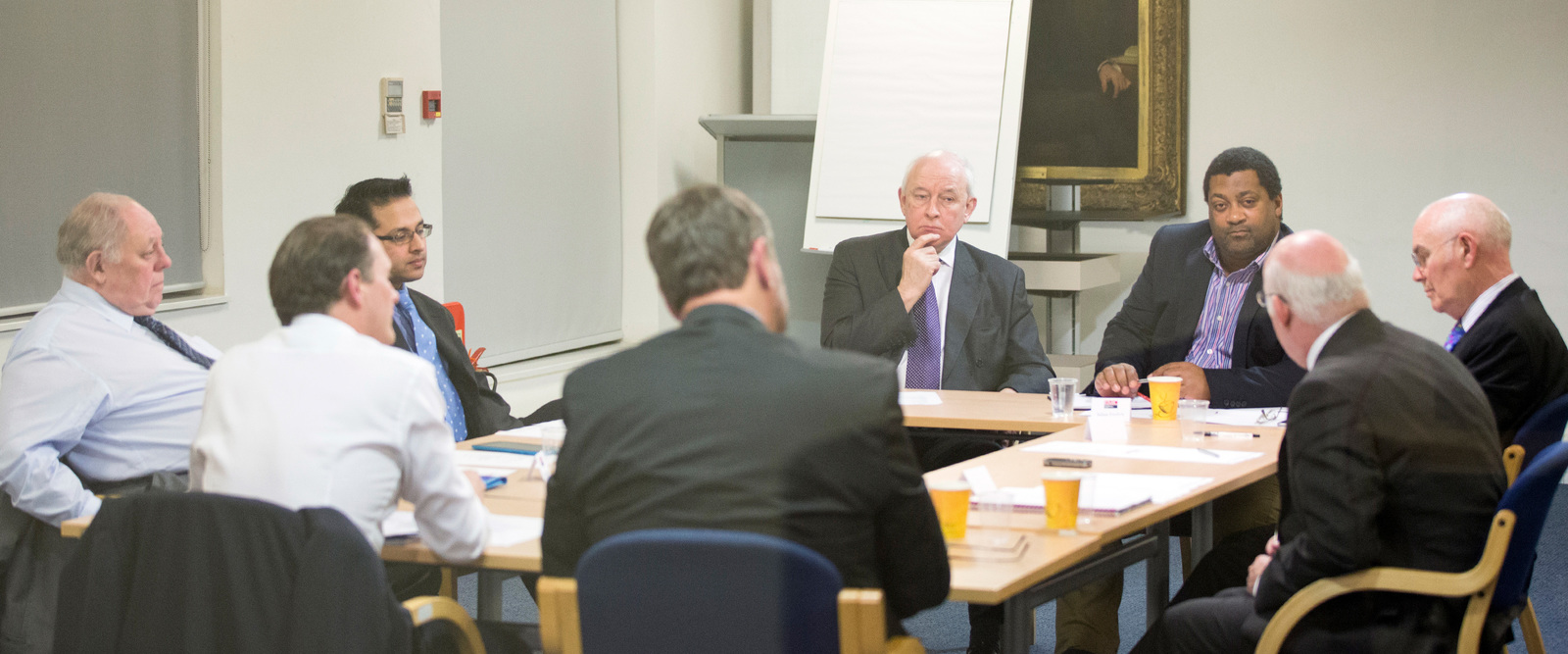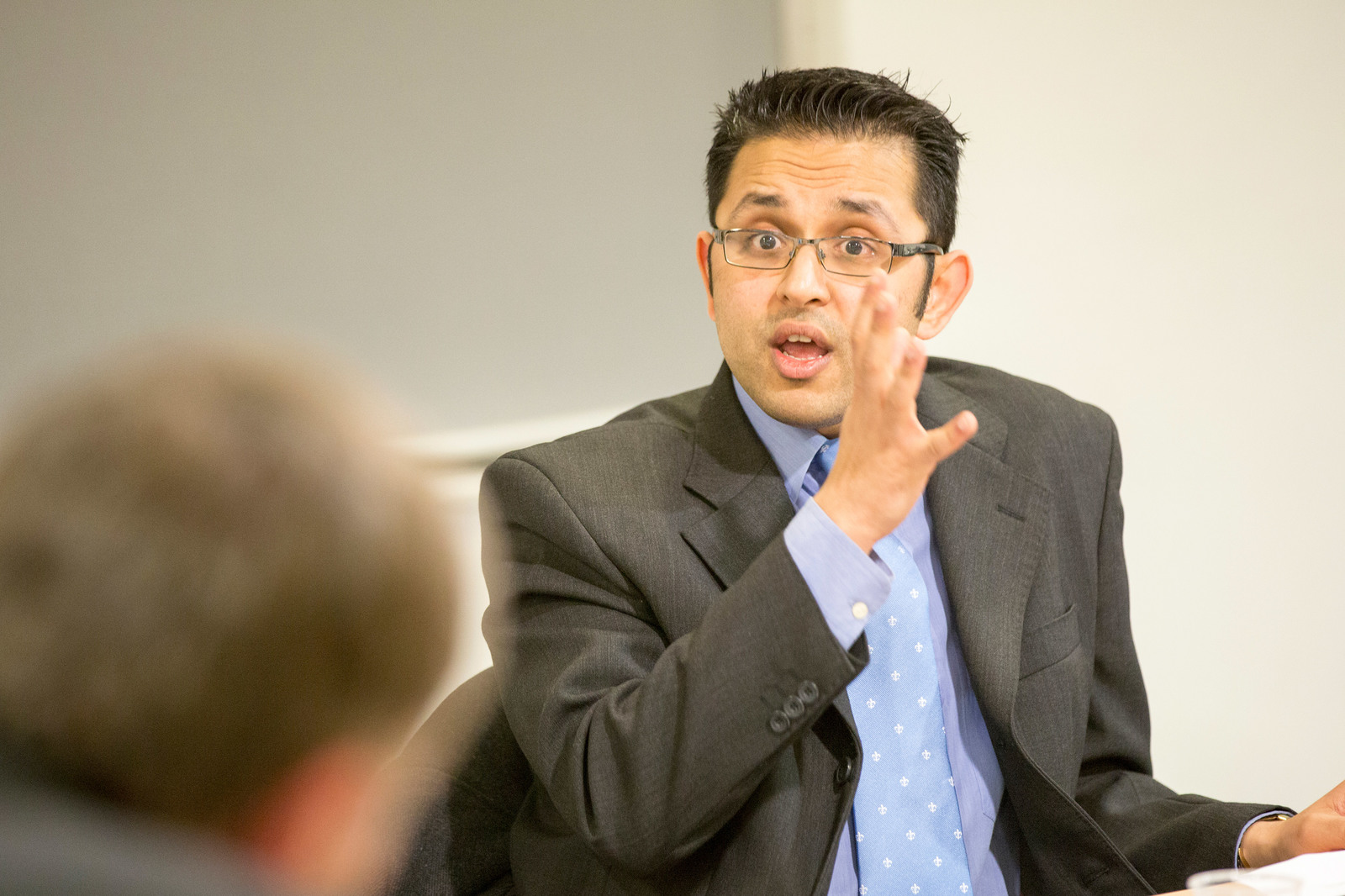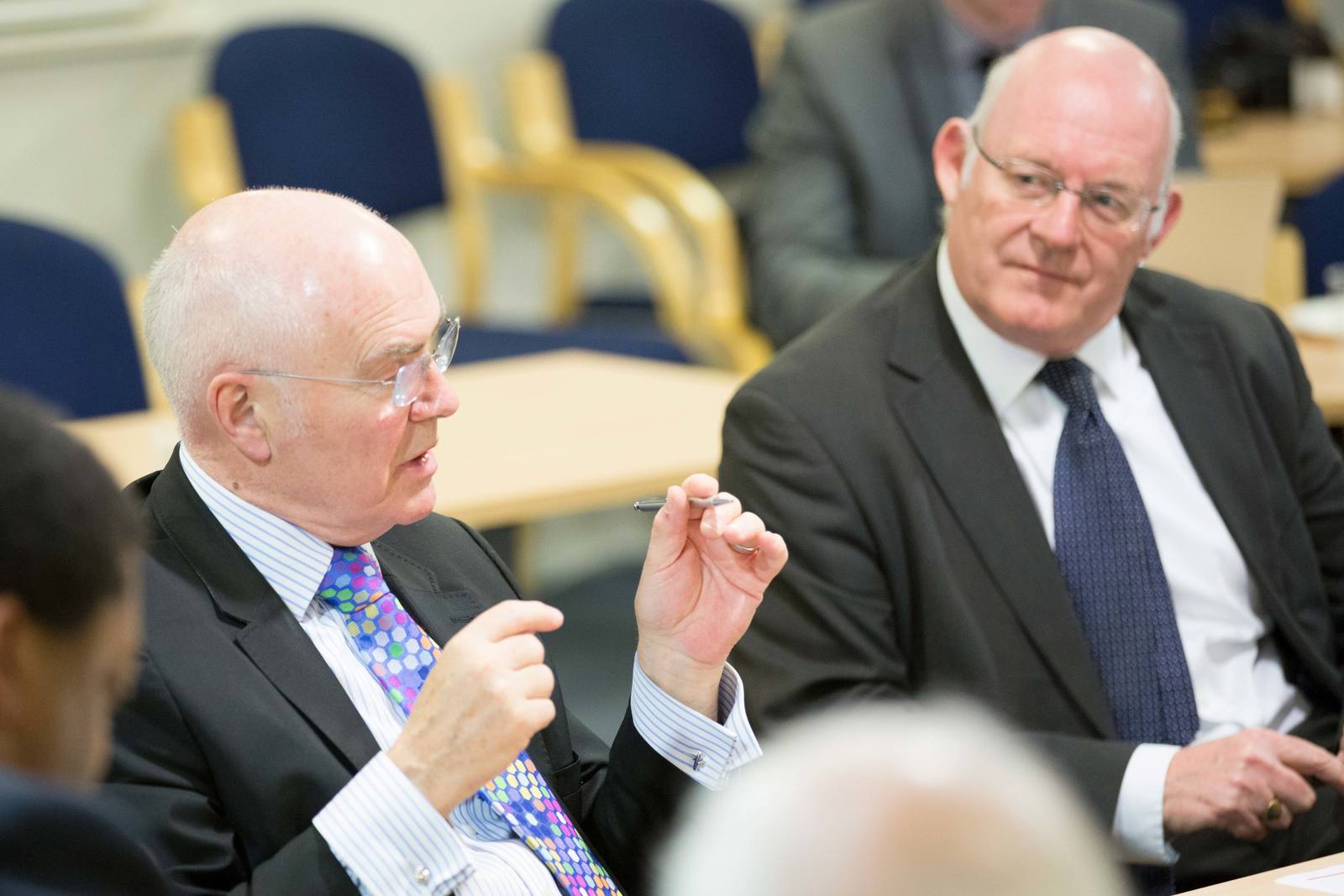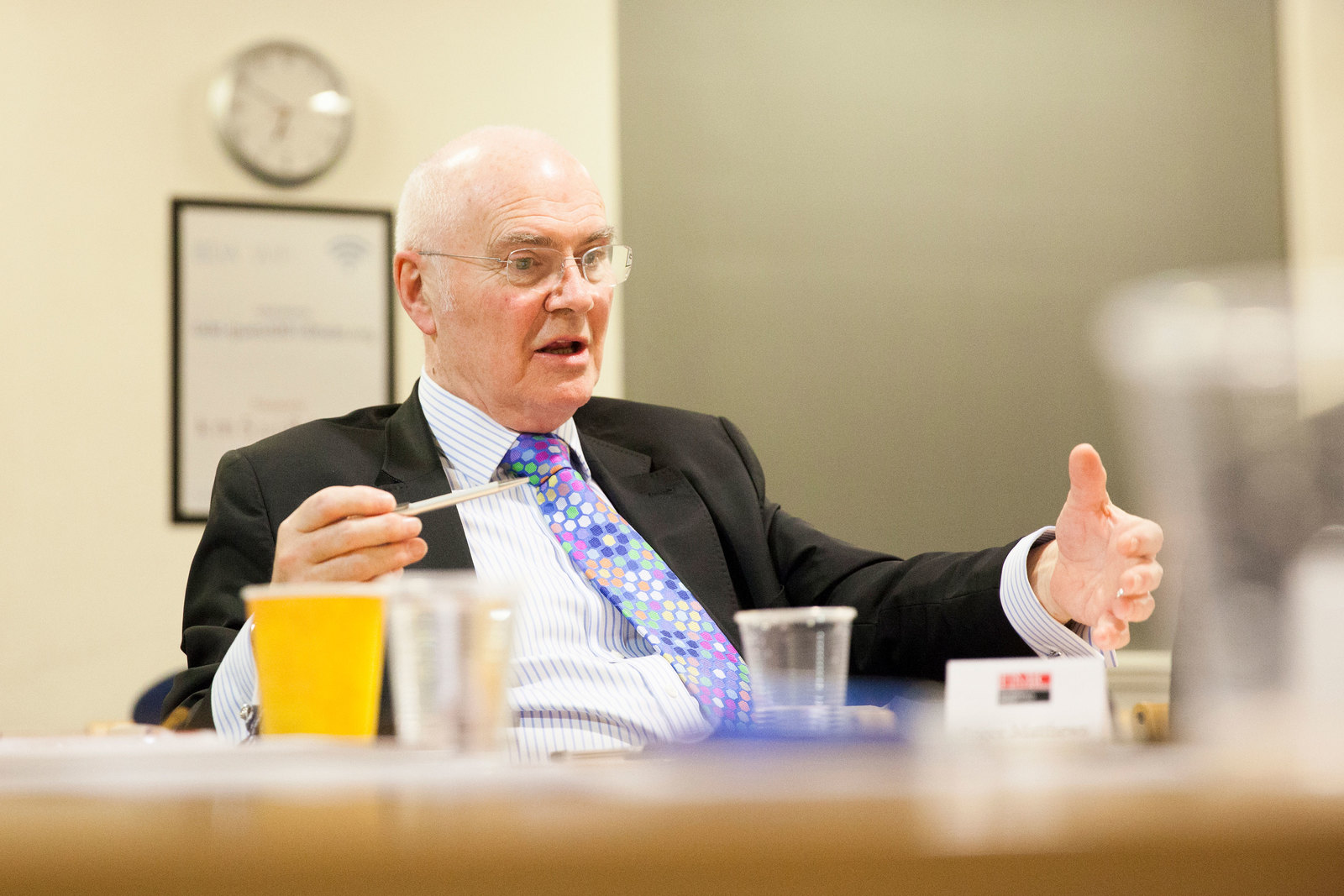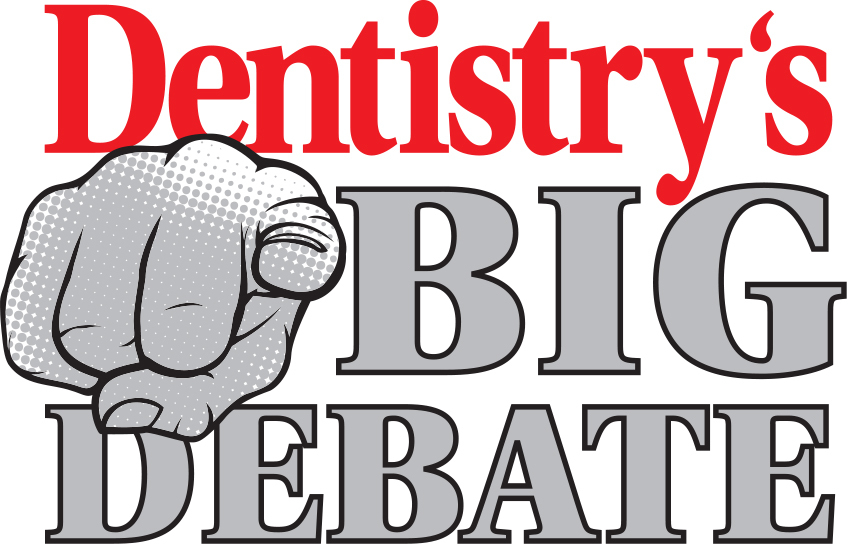 Dentistry chaired a panel discussion of profession leaders at Dental Politics: The Big Debate to gain insight into how the increasing cost of running a dental practice is affecting the profession.
Dentistry chaired a panel discussion of profession leaders at Dental Politics: The Big Debate to gain insight into how the increasing cost of running a dental practice is affecting the profession.
The cost of compliance to the average sole practitioner practice increased by 845% in 2014.
And it costs a single handed practitioner £11,200 on an annual basis to meet the requirements of the CQC and HTM 01-05 alone.
Research from National Association of Specialist Dental Accountants and Lawyers (NASDAL) in 2014, further revealed that combined with the various mandatory registration fees and indemnity dentists are required to pay, the figure goes up to £15,011.
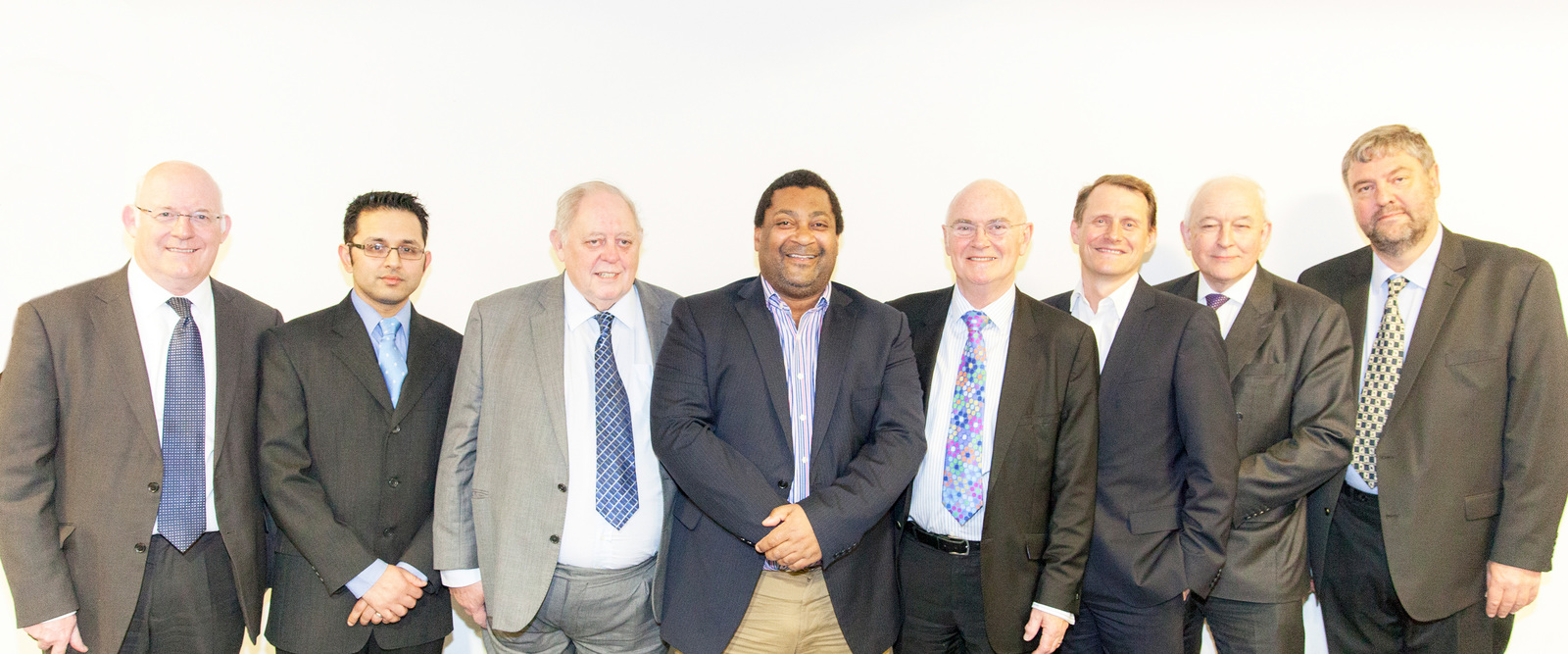 Editor of Dentistry, Julian English, said: ‘Regulatory bodies are just like any other business, they seek areas for revenue growth and cut their own costs wherever possible.
Editor of Dentistry, Julian English, said: ‘Regulatory bodies are just like any other business, they seek areas for revenue growth and cut their own costs wherever possible.
‘In the last 10 years or so they have seen a “statute-given” right to increase their fees way in excess of inflation. This has happened not just in dentistry but in many other professional fields – making regulatory costs the new cancer in the profession: they just want to grow and spread.’
The subject of increasing costs bought a hot discussion to the table at Dentistry’s roundtable discussion, Dental Politics: The Big Debate, in March. Held at the British Dental Association’s national office in London, the debate brought together profession leaders to discuss a number of key issues affecting UK dentists.
The added costs
Practice owner, Neel Kothari, kicked off the debate and speaking from his own experience he said: ‘Between 2010 and 2012, there was a massive increase in costs and we all felt it.
‘However, for me in the last couple of years it has been better as we have become a little bit more aware of how the NHS system works. It’s the same with any business – you learn how to deal with the costs and you learn how to manage them going forwards.
‘I’ve thought for a long time that the GDC annual retention fee is a red herring in many ways. When you think about all the costs in the industry, for instance the CQC – they have dropped from visiting 100% of practices to 10%. As a practice owner, it just makes you think: how many times have the CQC actually gone in as the primary port of call to say “this practice needs to be shutting down because it’s absolutely horrendous?”
‘I’m not saying that the CQC doesn’t serve a purpose, but there are just many many costs in dentistry.’
Neel went on to discuss a number of added expenditures in practice, such as staff bounses as well as the result of working for a corporate: ‘I do think that corporates are doing well as they are able to consolidate their debts. They have systems and policies in place and have bulk buying power. It is strange as the NHS is the biggest employing organisation in the whole of Europe, yet we don’t get cheaper materials or cheaper servicing.’
John Milne, dental adviser to the Care Quality Commission, joined the debate by responding to Neil’s comments about the CQC.
‘The reason the CQC went from looking at 100% to 10% of practices was because the 100% was effectively a baseline exercise to have a look and see what the general state of play was across general dental practice.
‘The original baseline exercise showed that the vast majority of dental practices are safe places to visit, so it was not necessary to look at them all again every year. Currently the CQC is looking at 10% more thoroughly. The aim of the CQC is not necessarily to close down practices. The focus of the work is actually to enable and improve the type of place. The inspection process brings light to the areas where improvements can be made.’
The effect on patient care
Henrik Overgaard-Nielsen, chairman of the BDA’s General Dental Practice Committee, turned the discussion to the affect increasing costs will have on patient care.
‘What we know, is that over the past 10 years, take home pay for dentists have decreased by 25%. The problem in the long term is that dentists won’t invest in the practice as much, therefore not buying or changing the things that they would normally buy. Over a longer period of time, that’s going to affect patient care and that’s a worry.’
‘You mentioned a couple of times there about the financial position and trying to secure the right level of remuneration that’s seen that drop, but the bit that worries me is actually the health pressure on the profession. There is a lot of talk about stress and that, for me, seems to be peaking at the moment,’ Nigel Jones, marketing director, at Practice Plan added.
Nigel recalled from his own personal experience in which dentists had called him and said they had ‘just had enough’. ‘It’s not their finances, it is the impact on their whole life. It’s the perfect storm – we talk about increasing costs but what these dentists really need is proper practice management. They need to invest in a practice manager, but how do they do this when their costs are going up and their NHS income is going down.’
Agreeing with all that had been said, Roger Matthews, former chief dental officer at Denplan, gave an insight into transitioning to private practice. He said: ‘When people actually make a decision to diversify a practice or transition a practice away from total NHS care, the first thing they’re not looking at is to increase their income – it’s the ability to plan and their investment in the practice going forward.’
The pressures on dentists
Concluding the discussion, chair of the debate, Julian English, questioned former dental director at Dental Protection, Kevin Lewis, on whether the indemnity provider had experienced an increase in business as a result of the increased stress, pressure and costs.
‘Yes.’ Kevin replied. ‘We did some work last year looking at the pressures on dentists who have been sued or up before the GDC. We saw unbelievable levels of physical health problems. I believe it’s one in three who have been through the GDC and seriously thought about leaving the profession. I was shocked at the scale of what I saw.’


